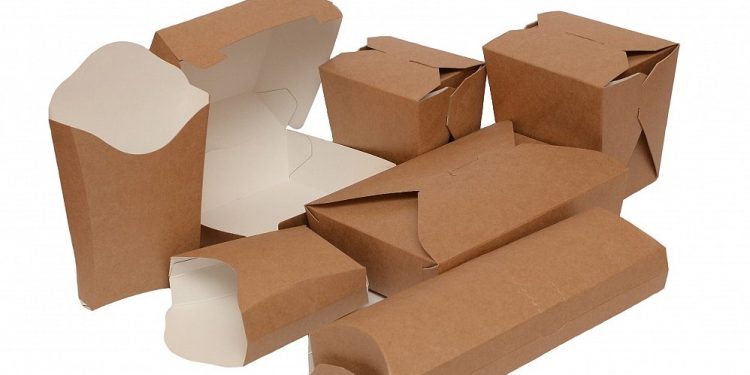#Packagingwasteregulation #freshproducesector #EuropeanUnion #agriculture #foodsafety #sustainability
The European Union’s proposed packaging waste regulation has been causing concern among various agricultural associations due to its potential impact on the fresh produce sector. In this article, we will explore the latest data on this topic and analyze how this regulation could affect farmers, agronomists, agricultural engineers, farm owners, and scientists working in agriculture.
According to the proposed regulation, by 2030, all packaging in the EU market must be recyclable or reusable. This regulation aims to reduce the amount of waste generated by packaging, but it could also have unintended consequences for the fresh produce sector. Many fresh fruits and vegetables require packaging to protect them during transportation, and it is unclear whether alternative packaging solutions will be effective in preserving the quality of the produce.
In a recent survey conducted by Freshfel Europe, the European Fresh Produce Association, over 80% of respondents expressed concern about the potential impact of this regulation on the fresh produce sector. The survey also found that more than 50% of respondents believed that the regulation could lead to increased costs for farmers and consumers.
Furthermore, the packaging waste regulation could also affect the shelf-life and food safety of fresh produce. Packaging plays a critical role in preserving the quality of produce and protecting it from contamination. If alternative packaging solutions are not as effective, it could lead to increased food waste and lower food safety standards.
While the proposed packaging waste regulation has good intentions to reduce waste, it could have unintended consequences on the fresh produce sector. Alternative packaging solutions need to be thoroughly tested and proven effective before implementing the regulation. Additionally, more research is needed to understand the full impact of this regulation on farmers, agronomists, agricultural engineers, farm owners, and scientists working in agriculture.







